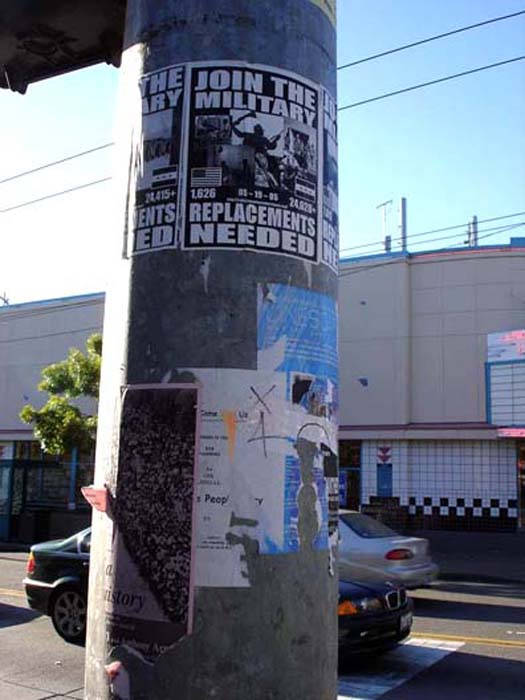Public outreach basically means getting the word out about a campaign and connecting with people who’d be interested. It can also be used to increase pressures on politicians, communities and spread information. The best public outreach gets people to understand and care about your campaign. This guide will cover:
Crafting a message
Targeting
Recruiting
Publicity ideas
Crafting a message
As activists, we understand that any given issue is complicated by race, class, gender, identity, ability, sexuality, colonialism, geographical location, sex and history. Practical organizing theories help us understand violations of human rights and injustices as systemic and based in institutions.
Though this is all true, these ideas can be overwhelming for the average passerby. People are bombarded with messages every day. The message you choose for your campaign should be easy to understand, succinct and digestible. What are your top three campaign goals? These should be your main messages. Figuring out how to word them is the next step.
Targeting
People respond to different messages depending on the role they’re in, whether they’re acting as a worker, a tax payer, a parent or a student. Think about who’s reading your message before you write it. What would appeal to them? Imagine what would be a good conversation starter or something to pique a particular person’s interest.
Publicity is all about getting people on your side. Be welcoming, creative, funny and innovative. If showing consequences of actions, such as in many environmental causes, criticize behaviour, not people. Acknowledge that people can change their ways and make a meaningful difference. This can be extremely motivating.
Really consider how your group comes off. A poster that says “car drivers are scum” isn’t going to make people who drive want to ditch their car and join your cause. You don’t have to please everyone, but good publicity engages people’s interest.
Recruiting
Make sure to include a clear action in your outreach. Whether its writing a letter, attending a rally or joining your group, specify something people can take part in. You can also highlight any skills that your group is missing, such as writers, artists or other contributors. Don’t forget to include contact information and make it clear that members are appreciated.
Don’t expect people to come to you for information – seek out opportunities to talk to people. This could mean reaching out to other campaigns, participating in solidarity protests, attending film screenings or making announcements in university classes.
Publicity Ideas
Street stalls (a great excuse to clear up misinformation with the public)
Publicity stunts (ie street theatre, busking, poetry readings)
Badges/pins/stickers (make sure to include your website address)
Word of mouth (cheap is good)
Getting in the news
Hosting events and workshops



